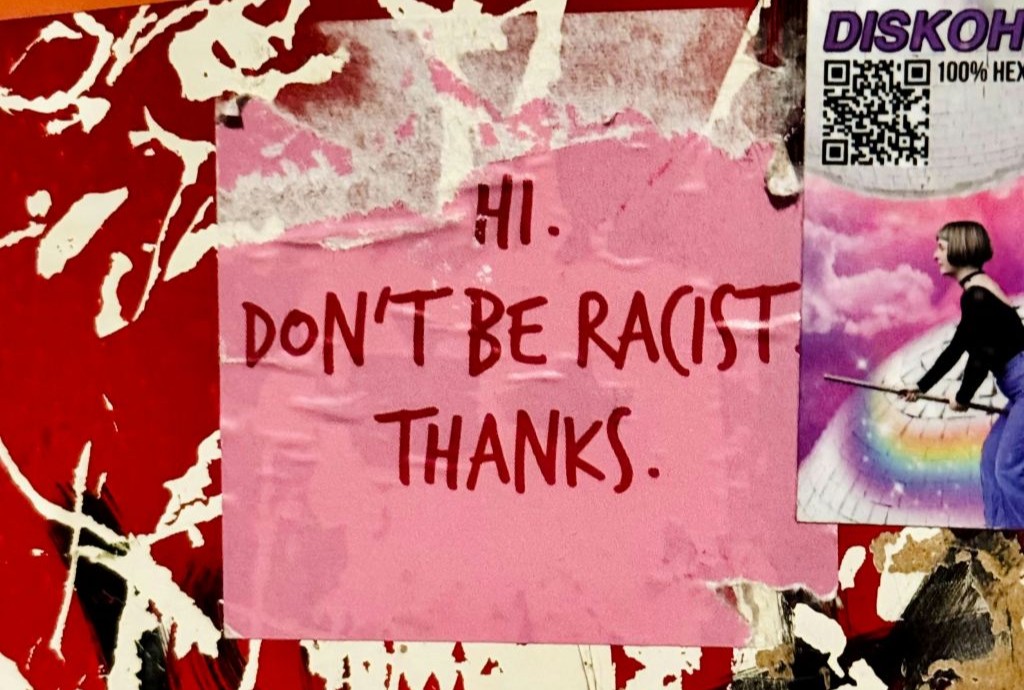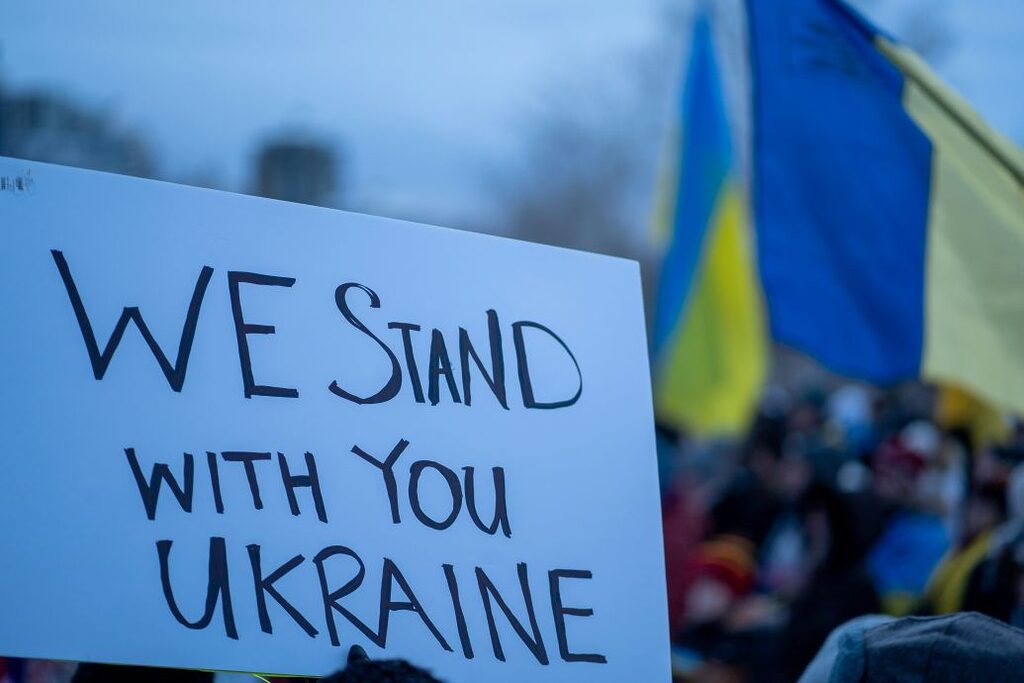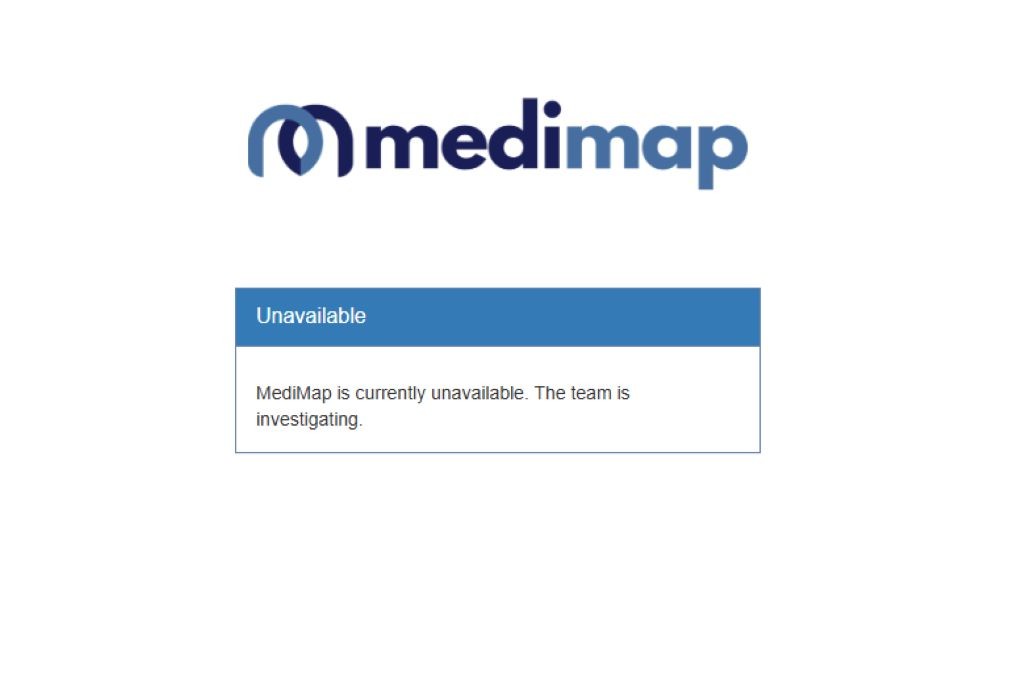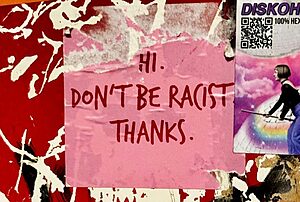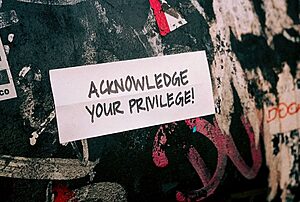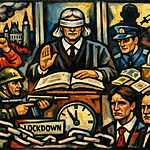In brief
- After the government’s coalition deal to review Treaty ‘principles,’ protests and acts of vandalism occurred.
- Te Pāti Māori endorsed some of these actions.
- Left-wing media focused on specific incidents, but generally ignored extremism among co-governance advocates.
- NZ needs a modern governance framework to avoid racial disharmony while acknowledging changes in society over the last two centuries.
The Left is ramping up to avoid a public vote
Within days of the new government’s coalition deal to review Treaty ‘principles’ the Left was predicting “violence”. Within a week, roads were blocked in nationwide protests and within weeks co-governance extremists were abseiling down the walls of Te Papa vandalising the English version of Te Tiriti.
All of which was openly encouraged by Te Pāti Māori.
Left-wing historian Sandra Coney in the Herald doesn’t mention the threats of violence or vandalism but instead concentrates on the regrettable desecration of some Māori graves in Auckland and the removal of a penis from a statue guarding Manawatu Gorge.
“Luxon and co are validating the racists” she wrote, unleashing “every nasty little resentful white person in acts of hate”.
“If you’re going to attack…”
The emasculation of the statue may have nothing to do with the Treaty debate (phallic carvings have been targeted in the past by people protesting displays of male sexual power), but if it was a response to current issues then ironically it was a very Māori response, as a pre-European karakia shows:
Kai ure!
Kuruki, whakataha te mate!
Tau a patu ai
Ko taku ure
Loosely translated, it means ‘if you are going to attack, you have to emasculate me first’.
The reason so many carved pou feature erect phalluses is because they symbolise dominance.


Coney correctly identifies that most New Zealanders celebrate Māori culture and success, as we do too. Yet she accuses the government of endorsing vandalism when it hasn’t, while ignoring co-governance extremists like Te Pāti Māori who have endorsed vandalism as a legitimate form of protest. This appears to be just another example of left wing media gaslighting on what is actually a very complex issue.
You can’t turn the clock back
The Coalition has committed to publicly explore a framework for governing a modern 21st century democracy. This is in contrast to trying to force modern day leftist concepts of equity (equality of results, not equality of opportunity) on the Treaty, somewhat clandestinely and without a mandate, as the last Labour government tried to do. Isn’t such a conversation overdue?
The world has greatly changed in the last two centuries, including the way many countries are governed. The Britain that signed the Treaty no longer exists, nor do the ancestral chiefs who once ruled their villages with the absolute power of life and death. Should a document from 1840 be given paramount importance or is it just one consideration in how NZ should function?







